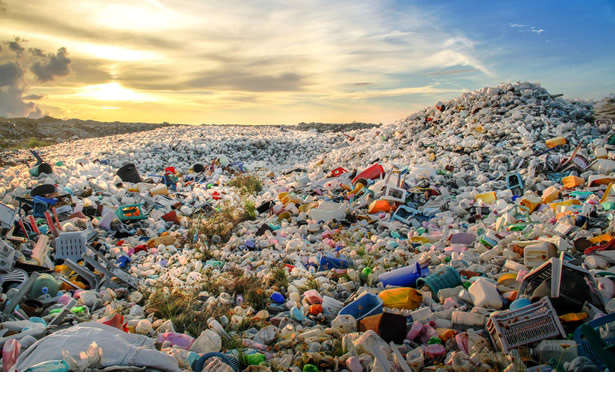The Federal Government of Nigeria has taken significant steps to address the growing concern of plastic pollution by launching a comprehensive roadmap aimed at promoting effective plastic waste management. This initiative emphasizes the importance of engaging private-sector investors, which is seen as crucial for implementing the sustainable practices laid out in the strategy. The event was held in Abuja by the Nigeria National Plastic Action Partnership (NPAP) in collaboration with the Federal Ministry of Environment, underscoring the government’s commitment to fostering a circular economy that effectively manages plastic waste and reduces environmental impact. The Minister of Environment, Balarabe Lawal, highlighted that this roadmap represents an essential part of Nigeria’s broader efforts to manage plastic waste as part of its economic and environmental strategies.
Addressing the challenges and opportunities presented by plastic waste, Lawal pointed out that Nigeria, as one of the fastest-growing nations, generates significant volumes of plastic. This problem is not only an environmental concern but also presents an opportunity for economic growth, particularly through job creation and the establishment of micro, small, and medium enterprises. The minister asserted that fostering the necessary infrastructure for the plastic economy would attract both domestic and foreign investment. He noted Nigeria’s commitment to promoting sustainable practices through participation in international frameworks, highlighting the country’s entry into the Global Plastic Action Partnership (GPAP) in February 2021. This move marked Nigeria as a pioneer in the initiative, laying the groundwork for collaborative efforts to combat plastic pollution.
In collaboration with the GPAP, the Nigerian government set up the Nigerian International Plastic Action Partnership in May of last year, a platform dedicated to fostering multi-stakeholder cooperation. This initiative aims to bring together various sectors—including government, civil society, academia, and private enterprises—to devise and implement sustainable solutions to the plastic crisis. Minister Lawal emphasized the collaborative and action-oriented nature of this platform, which reflects Nigeria’s dedication to addressing plastic waste challenges effectively. By leveraging the resources and expertise of diverse stakeholders, this partnership seeks to promote innovative solutions that facilitate the sustainable use of plastics throughout the country.
The importance of uniting various actors in the plastic value chain was also underscored by Ms. Clemence Schmid, the Director of the GPAP. She recognized the efforts made since 2021 by the Nigeria NPAP in facilitating crucial dialogue and collaboration among all relevant stakeholders. Schmid articulated the broader commitment of 175 nations striving towards a legally binding United Nations framework to curb plastic pollution, reinforcing Nigeria’s role in this global movement. She pointed out that today’s event was not merely ceremonial; it was a pledge towards creating a cleaner, more sustainable environment, reflecting a collaborative spirit among diverse communities.
Emphasizing the urgent need for collective action, both the Minister of Environment and Ms. Schmid outlined the various pathways through which stakeholders across sectors can engage in tackling plastic waste. The roadmap outlines evidence-based strategies designed to inspire and enable participation from all sectors of society, aiming to cultivate a circular economy where plastic materials are reused and recycled, rather than discarded. This comprehensive approach not only targets improving waste management practices but also highlights the potential for positive environmental and economic impacts resulting from better plastic resource management.
The launch of this roadmap marks a significant stride for Nigeria toward managing plastic waste and mitigating its environmental impacts. It reflects a growing recognition of the interconnectedness of environmental sustainability and economic development. By fostering partnerships and encouraging investment in the plastic economy, Nigeria aims to tackle one of the pressing challenges of our time while simultaneously unlocking new avenues for growth and job creation. The road ahead involves ongoing collaboration and commitment from all stakeholders to ensure that the strategies outlined in the roadmap are effectively implemented, securing a healthier and more sustainable future for Nigeria and its people.


